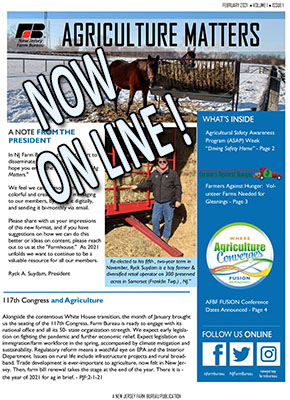Chris Christie should blame the neo-Luddites for the mess NJ’s in: Mulshine
10 Jun 2014, Posted by in State NewsThe front page of yesterday’s Star-Ledger featured a piece about a Fairleigh Dickinson/PublicMind Poll showing that most New Jerseyans plan to flee the state once they retire. The main reason given was our state’s high costs and taxes.
That was no surprise to me. Over the weekend, I’d attended an alumni event at my old high school. I got talking to a guy who sold his house last year and escaped to Key West. The property taxes on his place there are half what he used to pay here. The income tax? Florida doesn’t have one.
Click here to read more from Star Ledger columnist Paul Mulshine.



